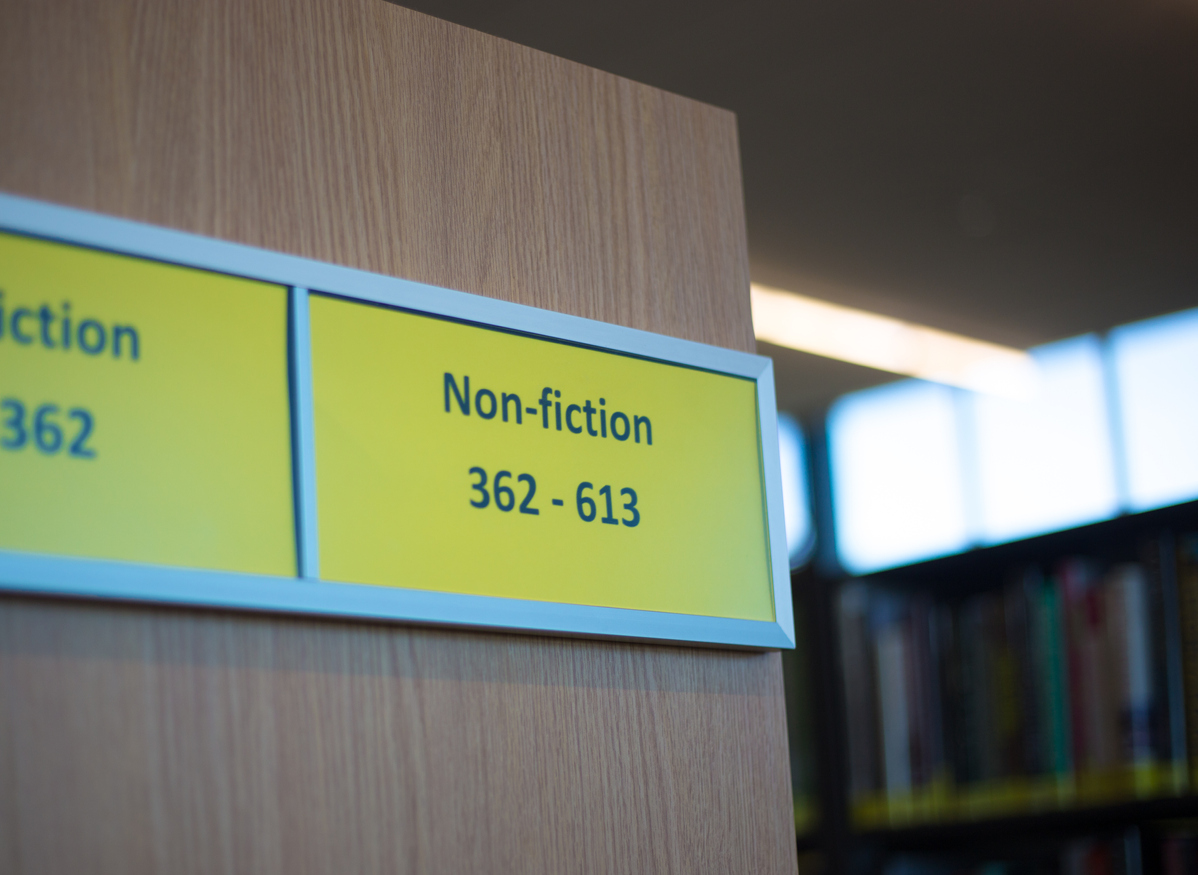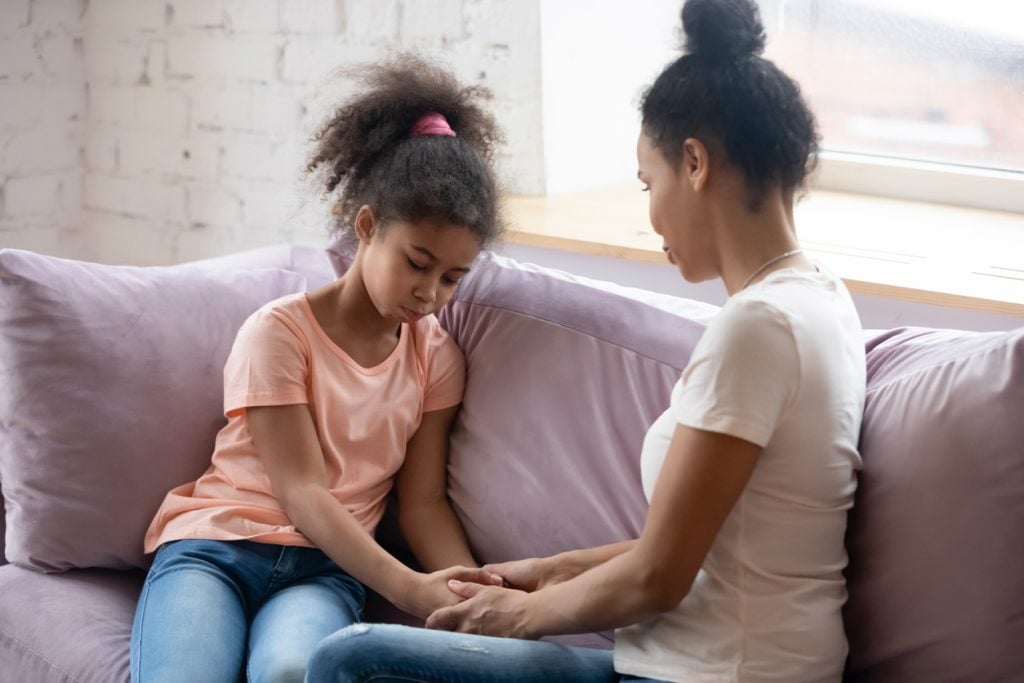How non-fiction inspires reluctant readers and boosts reading for pleasure
Published: 11th December 2023
Updated: 11th December 2024
Published: 11th December 2023
Updated: 11th December 2024
Reading non-fiction books, as opposed to fiction, can be just as engrossing for children and yet they are often overlooked as reading suggestions. Indeed, they are often woefully absent from those popular lists of “100 books to read before you’re 16”.
Despite this focus on fiction, many parents will be familiar with the struggle to engage their kids with reading: kids who are immune to Harry Potter and unmoved by Jacqueline Wilson. But there are plenty of non-fiction avenues to explore that can help to get children reading, with all the benefits this brings.

Study after study has shown that reading is important for student outcomes in all sorts of ways. A 2013 UCL study found that reading for pleasure was more important for children’s cognitive development than their parents’ level of education, while a 2011 University of Oxford study linked reading for pleasure with improving pupils’ job prospects. The Department for Education has also found that if students don’t develop sufficient reading proficiency by the middle of primary school, they are less able to learn other curricula.
Teachers looking for non-fiction texts to introduce to students might do well to start with the news. Research carried by the National Literacy Trust found that half of children were worried about not being able to spot fake news, highlighting the need to raise the profile of critical literacy across the curriculum.
In today’s polarised atmosphere and with social media increasingly changing the way in which news is communicated, often allowing misinformation to seep into the public discourse, young people need the skills to identify reliable news sources and to question the source of a story.
A survey carried out for a 2019 report by the International Broadcasting Trust (IBT) found that 86 per cent of children wanted to know what was happening in the world but were uncertain of where to find this information.
By consuming news from a publication such as First News, an award-winning newspaper written especially for young people, children develop their reading skills and build their understanding of the rapidly changing world in which they are growing up.
Secondary English teacher Michelle Shufflebottom says that giving her students regular independent reading time with the newspaper has had a marked effect: “We wanted to introduce high-quality non-fiction texts as a gateway to their GCSE experience,” she says. “We wanted to encourage them to see reading as something that isn’t just about big, heavy books but a way of improving their awareness of the world.”
Students are given free time to read the newspaper before sharing any interesting items they find, which are then discussed and debated. They also complete comprehension exercises and vocabulary puzzles based on news stories, both in class and for homework, further building on their knowledge.
“A year and a half in, students are noticeably more confident at talking about big issues and have a better understanding of what is happening in the world around them,” Shufflebottom says.
Another benefit of reading is to increase empathy, and when students are reading non-fiction that means increasing their empathy for real people in real situations. According to the Organisation for Economic Cooperation and Development, by examining local, global and intercultural issues in order to understand and appreciate different perspectives and world views, young people are able to “interact successfully and respectfully with others and take responsible action toward sustainability and collective wellbeing”.
Newspapers are a great source of stories, and they are also a stepping stone to further non-fiction reading. Biographies, blogs, histories, academic research, letters and diaries connected to the stories in the news can give students a deeper and richer understanding of the world around them. “We can talk about current events, relate them to past events, and even make predictions of what this might cause, or what might happen next,” says Lauren McFarlane, of St Michael’s Catholic School, High Wycombe.
For example, asking students to read a blog written by someone around their age in Malaysia after reading a news story about the abdication of the King of Malaysia raises interesting questions. How do their living conditions differ? What about their schooling? Do they have the same priorities? Comparing their lives to those living in perhaps very different circumstances is the first step for your students in becoming truly global citizens.

Non-fiction can also be easier to dip in and out of than a whole novel. When reading a newspaper, for example, you don’t have to start at the beginning; you can choose to start wherever you want. Likewise, you don’t have to read the whole newspaper, just the stories you find interesting and relevant.
Craig Liddle, assistant head at Springfield Junior School in Derbyshire, says he has seen remarkable improvements since starting to explore online news with pupils in combination with other activities. “I use First News with Year 6 in our guided reading lessons,” he says. “The children like the different range of activities on offer and how they link to news and current affairs. Even the hardest to reach and disadvantaged children are all engaging.
“Many of my reluctant readers don’t think they are reading and comprehending, and this is a huge positive for me and them. We have a dramatic improvement in children’s weekly reading scores and we hope this will continue to improve.”
When students have a good reason for reading – whether for pleasure, connection or interest – there is every reason to think that they will develop the habit for life. With all its myriad benefits, non-fiction could give them that reason.
To read more helpful articles like this visit the Talking Points section of our website or sign up for First News at home and at school!
First News reaches millions of young readers every week, at home and at school. Our age-appropriate news stories and activities spark curiosity, build media and information literacy skills and empower children with the tools to navigate the world.